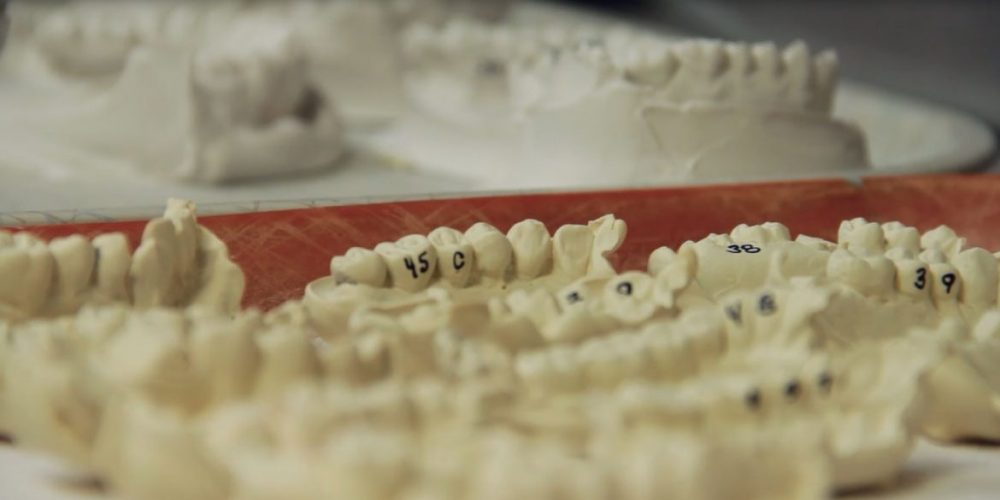No products in the cart.
Dental Labs
Materials Accountability Standards Matter
Eric Thorn, Esq.
Many clearly recognize the importance of requiring dental laboratories to disclose to the dentist the point-of-origin and the material content of materials used in dental restorations as the accuracy of this information is essential to protect the patient safety. What many don’t recognize is that most states lack basic minimum standards for dental lab materials accountability and the risks that this creates for dentists and their patients.1
The essential basic minimum standard for materials accountability requires that labs provide dentists a written materials disclosure for each restoration coupled with required dental laboratory registration. In their absence, if a dentist catches that a rouge lab sold them cheaper gray/black market restorations or components, or misrepresented the point of origin and passed them off as what the dentist ordered, the risk to the offending lab is most likely only the loss of that one dentist as a customer.
Patient safety is compromised when a dentist, thinking they have receiving what they ordered, instead unknowingly places the adulterated or counterfeit components they actually received. Higher failure rates cost dentists lost chair time and adverse incidents expose the dentist to additional liability and possible reputational impact.
Imagine the nightmare of discovering that for the last year or two you have been unknowingly placing something other than what you prescribed. Would you be ethically required to notify your patients of the possibility? How would you determine whether potentially affected cases you placed were genuine or not without great discomfort to your patients, and great expense and professional embarrassment to yourself? Scary but cases like this actually happen.
Most dental laboratories are ethical and reliable. However, the economic pressure of the modern dental practice especially for debt laden younger practitioners, combined with the absence of basic minimum standards for accountability in most states, creates a fertile environment and an economic incentive for bad actors to profit from these practices.
In states where required material disclosure is coupled with a dental laboratory registration requirement, bad actors risk the loss of their registration and with it their ability to do dental laboratory work in the entire state. The result is increased accountability. Implementing these two basic minimum standards for materials accountability greatly reduces the likelihood that dentists and their patients will have to experience these unnecessary additional risks.
ADA policy has long supported written material content and point of origin disclosure and has more recently adopted an ADA policy specifically urging all state dental boards to register dental laboratories. Now is the time for those involved in restorative dentistry to actively demand that these important policies be implemented?
1 Currently only FL, KY, MN, SC & TX have both disclosure and registration requirements for labs.
About the Author
 Eric Thorn serves as in-house counsel for the National Association of Dental Laboratories (NADL). He is a leading voice for American dental laboratories on regulatory topics and works with state dental laboratory associations across the country helping to develop, present, and advance proposals and legislation relating to basic standards for the dental laboratory technology profession nationwide.
Eric Thorn serves as in-house counsel for the National Association of Dental Laboratories (NADL). He is a leading voice for American dental laboratories on regulatory topics and works with state dental laboratory associations across the country helping to develop, present, and advance proposals and legislation relating to basic standards for the dental laboratory technology profession nationwide.
Eric Thorn formerly served as the General Counsel of the Florida House of Representatives. Prior to joining NADL, he spent over a decade in private practice with a prestigious Florida-based law firm representing businesses and associations in governmental relations and business development matters.


